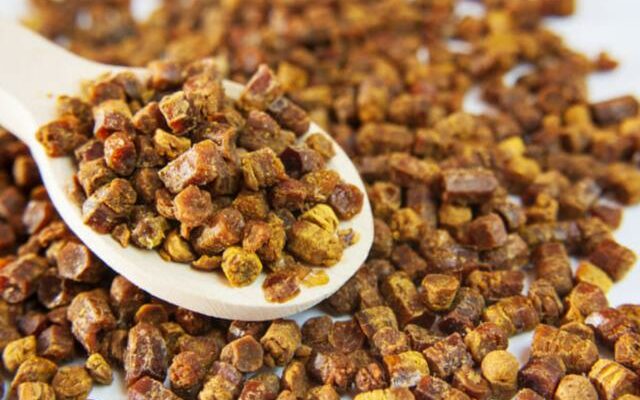As the population of bees and other pollinators is at risk, nutritious foods such as fruits, nuts and vegetables are replaced by products such as rice, corn and potatoes, resulting in an unbalanced diet. May 20 has been celebrated as “World Bee Day” since 2017 to raise awareness about the decrease in bee populations in the world.
According to the data of the Food and Agriculture Organization of the United Nations (FAO), bees are the main actors that pollinate flowers so that plants can produce seeds and fruits, and are of great importance in the food chain. By balancing the ecosystem, bees and similar pollinators influence 35 percent of crop production worldwide. Three-quarters of the 100 plant species that make up more than 90 percent of the diet are obtained through pollination by bees. Pollination not only ensures fruit and seed production, but also provides greater diversity and yield.
MORE THAN 20 THOUSAND SPECIES OF BEE AND VARIOUS WILD POLLEN CARRIERS ARE UNDER THREAT
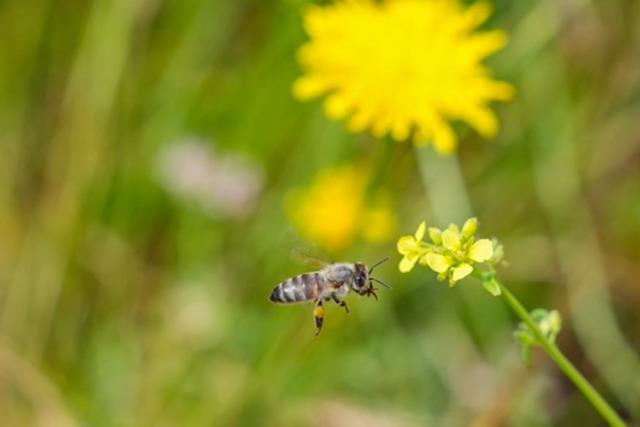
Bees, pollinators and many other insects are seeing population declines. World Bee Day provides the opportunity to promote actions that will protect and enhance pollinators and their habitats, increase their abundance and diversity, and support the sustainable development of beekeeping. World Bee Day, celebrated this year with the theme “Bees with Young People”, draws attention to the importance of bees and other pollinators for human existence.
The existence of more than 20 thousand species of bees and various other wild pollinators that sustain agriculture and biodiversity worldwide is threatened by human activities such as habitat loss, pesticide use and climate change.
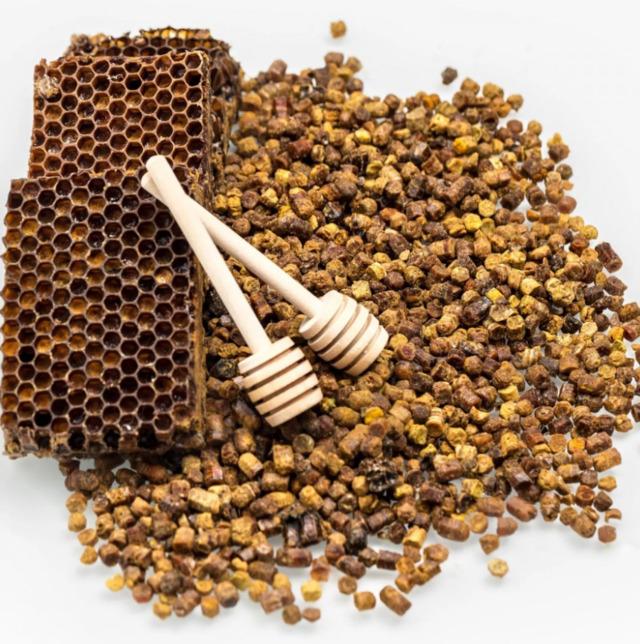
Recognizing the important role that young people can play in addressing threats to populations of bees and other pollinators, the theme “Bees with Young People” emphasizes the importance of involving young people in beekeeping conservation efforts, recognizing them as future guardians of the environment.
VARIOUS FARMING SYSTEMS CAN BENEFIT BOTH THE HUMAN POPULATION AND THE ECOSYSTEM
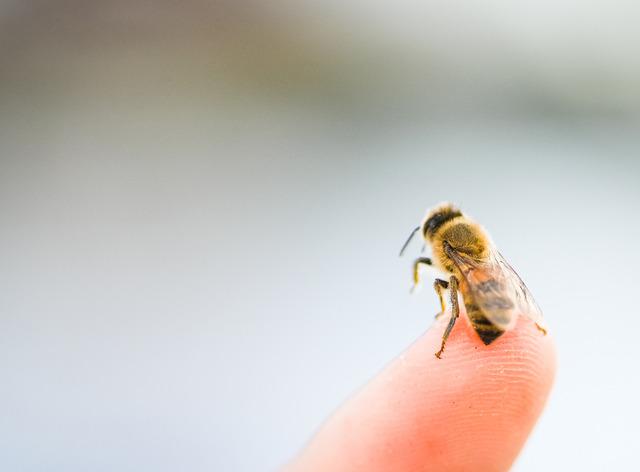
World Bee Day aims to raise awareness among young people and other stakeholders about the essential role of bees and pollinators in agriculture, ecological balance and biodiversity conservation.
According to FAO, by involving young people in beekeeping activities and educational initiatives, they can inspire the next generation of environmental leaders and create a positive impact on the world.
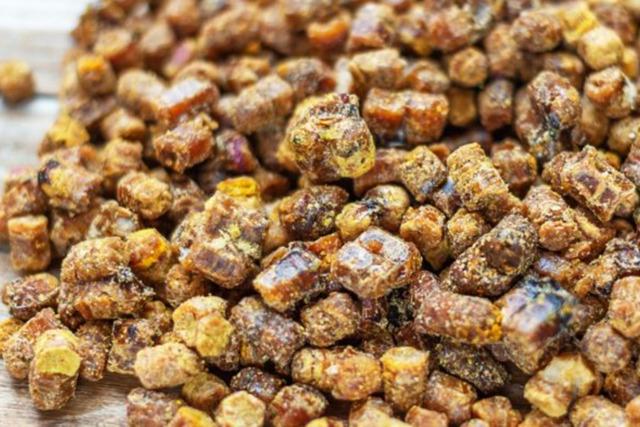
Since encouraging more diverse agricultural systems and reducing dependence on toxic chemicals will facilitate increased pollination, it is envisaged that by encouraging these methods, food quality and quantity will increase, benefiting both the human population and the ecosystem.
TECHNICAL SUPPORT FROM FAO TO COUNTRIES ON SUSTAINABLE SOLUTIONS
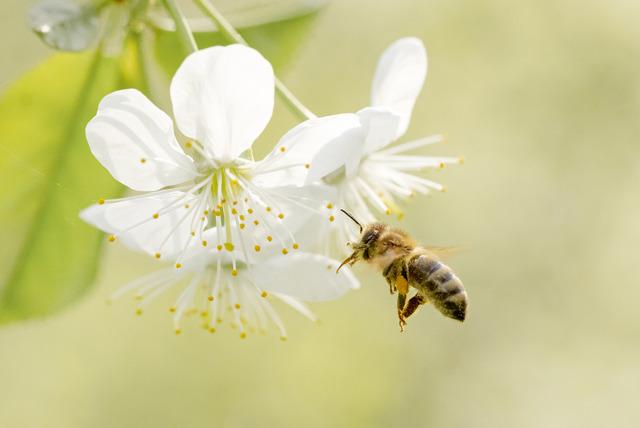
Extinction rates of existing pollinator species are 100 to 1000 times higher than normal due to human impacts.
It is stated that approximately 35 percent of invertebrate pollinators, especially bees and butterflies, and approximately 17 percent of vertebrate pollinators, such as bats, are in danger of global extinction.
The endangered population of bees and other pollinators is resulting in unbalanced diets, with nutritious foods such as fruits, nuts and many vegetable products being replaced by staples such as rice, corn and potatoes.
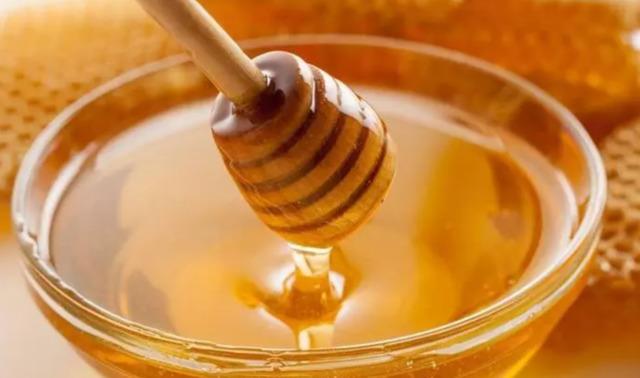
Intensive farming practices, land use change, monocropping, pesticides, and rising temperatures due to climate change pose problems for bee populations and, in turn, the quality of the food grown.
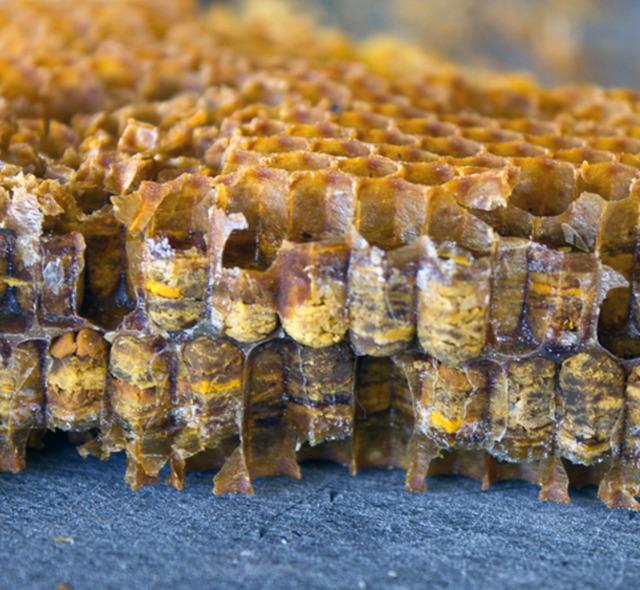
Recognizing the extent of the pollination crisis and its links to biodiversity and human livelihoods, the Convention on Biological Diversity makes the conservation and sustainable use of pollinators a priority.
In addition to coordinating the International Pollinator Initiative (IPI), FAO provides technical support to countries on issues ranging from beekeeping to artificial insemination to sustainable solutions for honey production and export marketing. (AA)
